Ian Mitchell, deputy headteacher of Kingswood House School in Surrey, talks about their pivot to a virtual school trip experience that included videos, podcasts, web links, Microsoft Teams… and even cooking.
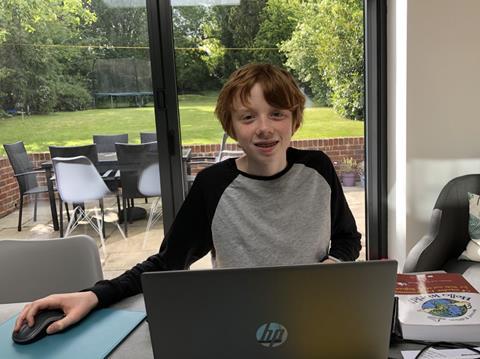
It seems a lifetime ago since I announced the cancellation of this May’s Year 9 ‘Making of Modern Britain’ trip. The boys were naturally upset, particularly as last year’s trip had received so much attention having won the ‘My Best School Trip’ Award. I immediately thought about creating a virtual trip ‘travelling to’ all the places we would normally visit.
I floated the idea to my bemused colleagues who gave me the same quizzical looks that I received the first time I proposed a six-day whistle stop tour of the country some four years ago!
Reassured that my plan was possible and I was not suffering from acute lockdown fever, the project was given the go-ahead. With the summer term’s calendar being decimated by Covid-19, it felt really good to offer the boys something different and exciting to look forward to.
Using their iPads and my own purpose-made programme on the iTunes U app, the boys in Year 9 ‘travelled’ to various locations each day exploring some of the people, places and events that have helped create the country we live in today.
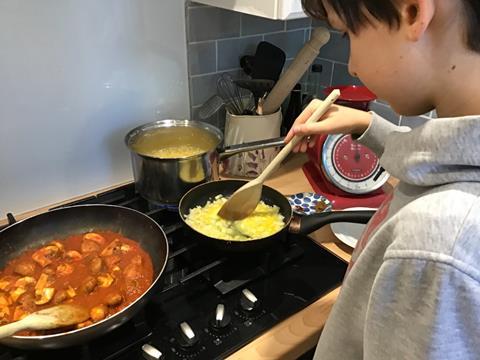
Over 300 videos, podcasts and web links were used to bring the trip to life. The boys followed a daily schedule completing various written and spoken tasks. Every morning and afternoon, I met with the entire group using Microsoft Teams so I could guide them through the day’s schedule and answer any queries.
As one parent commented: “They did remarkably well with their independent learning and it certainly gave them an insight into being responsible for managing their time and workload”.
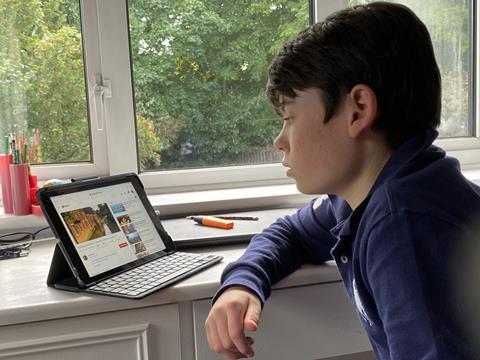
A major component of the trip was an investigation of modern British values and how they came to be. Whilst ‘visiting’ places, boys noted examples of democracy, liberty, rule of law and tolerance. As the week progressed, boys acquired a greater understanding and appreciation of the many people who fought for their rights in Britain, and the importance of upholding them today.
At the end of each day, they used their iPads to make video diaries about what they had learned and answered a daily dilemma such as ‘Should people over 80 lose the right to vote while 16 year olds be given the right to vote’? On the last day, the boys reflected on what it means to be British.
“We unfortunately couldn’t go on the trip but all the places we would have gone to came to life through the interactive experience.”
The normal trip usually involves a nine-mile hike around Kinder Scout in the Peak District to commemorate the mass trespass of 1932. Afterwards, the boys’ efforts are usually rewarded with a Chicken Tikka Masala, a symbol of British multiculturalism. This year, the boys showed great initiative by creating their own hikes in the Surrey countryside (when lockdown measures were partially lifted) and making their own curries at home.
It was important to break up the week with practical activities because the trip was dependent on everyone being in front of a screen and regular breaks were essential.
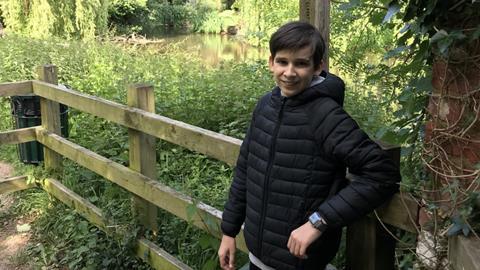
By the end of the trip, the group chose one Briton who they thought had shaped modern Britain significantly in the last 250 years. They wrote a biography and made a short film documentary on that person. Lastly, the boys compiled a 12 track playlist to accompany the places, people and events they encountered; some playlists proved to be very imaginative and eclectic!
“It’s definitely highlighted some places such as Biggin Hill, Liverpool and Charles Darwin’s home that I would like to visit and explore further once normality returns.”
The week was a resounding success. As one parent commented: “He really enjoyed the whole week, despite it being a virtual tour; it really came alive for him and I truly think he felt like he had been on a school trip!”
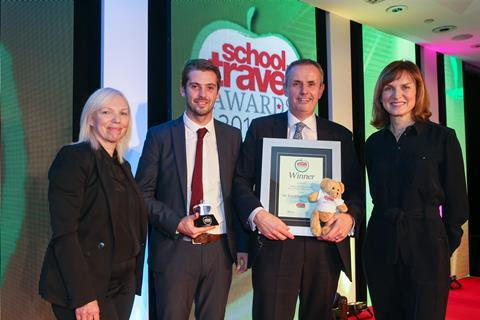
Virtual trips will never replace the multi-sensory experience of visiting places, but they can go a long way to inspire young minds, foster creativity and develop a deep-seated curiosity to visit those places in the future.
I would encourage teachers to have a go at creating their own virtual trips. As for tourist attractions, they should produce more online educational videos to assist learning and to attract future customers.
Their itinerary included:
• Wilberforce Tree, Kent: where Wilberforce declared to Pitt the Younger he would abolish the British slave trade.
• RAF Biggin Hill, Bromley: the Battle of Britain and impact of world wars.
• Runnymede, Surrey: Magna Carta, birthplace of modern western democracy.
• Brunel and SS Great Britain, Bristol: invention and innovation.
• Ironbridge, Shropshire: the birthplace of modern industry
• Kinder Scout Mass Trespass 1932: creation of national parks and the ‘right to roam’.
• The Beatles, Liverpool: post war-UK, creation of the NHS, and the growth of youth culture.

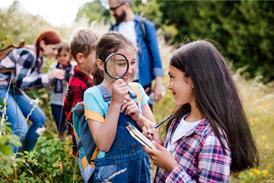
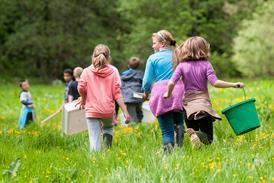
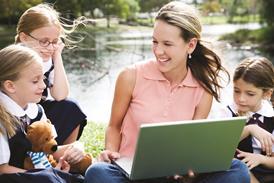






No comments yet